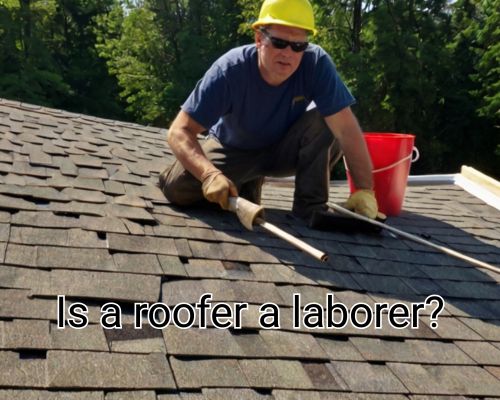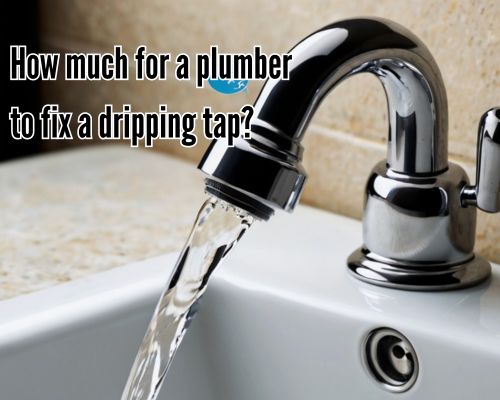Is a Roofer a Laborer? An Insightful Look from West Palm Beach, Florida
When you think about roofers—scaling heights under Florida’s sun, hammering shingles in sync with the wind—you might ask: “Is a roofer a laborer?” This question taps into a broader understanding of skilled trades, job classifications, and industry perceptions, particularly in areas like West Palm Beach, Florida, where roofing is both a necessity and a booming industry. Let’s get into details with Star Roofing.

Defining the Terms: What Is a Laborer? What Is a Roofer?
Before diving in, it’s important to define what we mean by “laborer.” In construction terms, a laborer is often viewed as an unskilled or semi-skilled worker who performs general manual tasks on job sites—like hauling materials, cleaning up debris, and supporting other trades.
A roofer, on the other hand, is a skilled trade professional who installs, repairs, and maintains roofs made from a variety of materials, such as asphalt shingles, tile, metal, or flat roofing systems. In states like Florida, particularly West Palm Beach, roofing work is regulated, licensed, and requires extensive experience and knowledge due to weather demands and hurricane codes.
So—is a roofer a laborer? Not quite.
The Legal and Industry Perspective in Florida
In the State of Florida, roofing is a licensed trade. According to the Florida Department of Business & Professional Regulation (DBPR), individuals must obtain a Certified Roofing Contractor License to operate legally. This requirement sets roofing apart from traditional general laborer roles.
In West Palm Beach, roofers are often subcontracted by general contractors or operate as independent roofing contractors, frequently under companies like Star Roofing, Tiger Team Roofing, or local GAF-certified firms.
Thus, from a legal and occupational standpoint, a roofer is not a general laborer. Instead, they’re skilled tradespeople whose work requires:
- Technical training
- Licensing and certification
- OSHA safety compliance
- Material-specific expertise
- Knowledge of Florida Building Code and local wind mitigation standards
Skilled Labor vs. Manual Labor: The Overlap and the Difference
Here’s where it gets nuanced.
Yes, roofers perform manual labor—it’s physically demanding, with tasks like:
- Climbing ladders
- Carrying heavy bundles of shingles
- Maneuvering on steep slopes in extreme heat
However, the manual aspect doesn’t mean the job is unskilled. In fact, roofing is highly specialized. Roofers must understand:
- Roofing systems (pitched vs. flat roofs)
- Underlayment types
- Flashing installation
- Leak detection techniques
- Structural load distribution
This technical proficiency aligns roofers more with trades like electricians, plumbers, and HVAC technicians, not with day laborers or helpers.
The Economic Context in West Palm Beach, Florida
In Palm Beach County, where West Palm Beach is a hub of residential and commercial development, roofing is big business.
Labor statistics show that:
- The average roofer’s wage in West Palm Beach exceeds $22/hour, or roughly $45,000–$60,000 annually, depending on experience and certifications.
- Many roofers operate as 1099 contractors or own small businesses, with some pulling in six figures during peak storm seasons.
Compare that to general laborers, who typically earn between $13–$17/hour, and it’s clear the market values roofers as specialized professionals.
Why the Misconception?
There’s a societal bias at play. Roofing involves sweat, dirt, and risk. To the untrained eye, it resembles “just hard work,” akin to what one might expect from laborers on a demolition or cleanup crew.
However, just because a job is physically demanding doesn’t mean it’s unskilled.
In fact, roofing combines:
- Craftsmanship: installing architectural shingles or Spanish barrel tile with precision
- Engineering: ensuring drainage, support, and code compliance
- Problem-solving: identifying the source of leaks or structural issues
The West Palm Beach roofing industry also includes many licensed roof inspectors, estimators, and foremen, all of whom began as hands-on workers but climbed the professional ladder through skill—not just sweat.
Education, Apprenticeships, and Training
To become a roofer in Florida, many start through apprenticeships, technical schools, or on-the-job training with licensed contractors.
Some key roofing educational resources in West Palm Beach include:
- Palm Beach State College (technical trades program)
- Florida Roofing and Sheet Metal Contractors Association (FRSA)
- GAF CARE Program (certified installer training)
These pathways reflect a structured route into a specialized trade, not entry-level labor.
Local Demand and Seasonality in West Palm Beach
In West Palm Beach, roofing isn’t just a necessity—it’s a high-demand service driven by:
- Hurricane season prep and repair
- Storm damage restoration
- Luxury real estate development
- Energy-efficient upgrades (solar-integrated roofing)
This demand fuels a professional ecosystem where roofers collaborate with:
- Insurance adjusters
- General contractors
- Structural engineers
- Real estate developers
And while many still work with their hands, they’re executing complex solutions under tight regulatory standards.
From Roofer to Roofing Contractor: A Career Ladder
Unlike laborers who may remain in general roles indefinitely, roofers often transition to higher-level positions, such as:
- Roofing supervisors
- Project managers
- Licensed contractors
- Business owners
In West Palm Beach, where both commercial and residential roofing needs continue to grow, the path from roofer to entrepreneur is well-worn—and well-paid.
Final Verdict: So, Is a Roofer a Laborer?
✅ Short Answer: No.
💡 Long Answer: A roofer is a skilled tradesperson who performs physical labor, but their work requires training, licensing, technical expertise, and adherence to local codes—especially in coastal Florida regions like West Palm Beach.
While the job involves hard labor, roofers are not laborers in the traditional, unskilled sense. They are essential professionals in the Florida construction economy, especially in storm-prone zones.
CTA: Thinking of Hiring a Roofer in West Palm Beach?
Make sure they’re licensed, insured, and locally experienced. Roofing isn’t just another labor job—it’s the first line of defense for your home. Choose a roofer who’s more than a worker. Choose a professional.
🙄 And if you’re asking because you’re considering roofing as a career? Take pride—it’s not just a job, it’s a skilled trade with serious upward potential. Just bring sunscreen. And maybe a harness.

